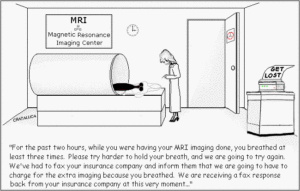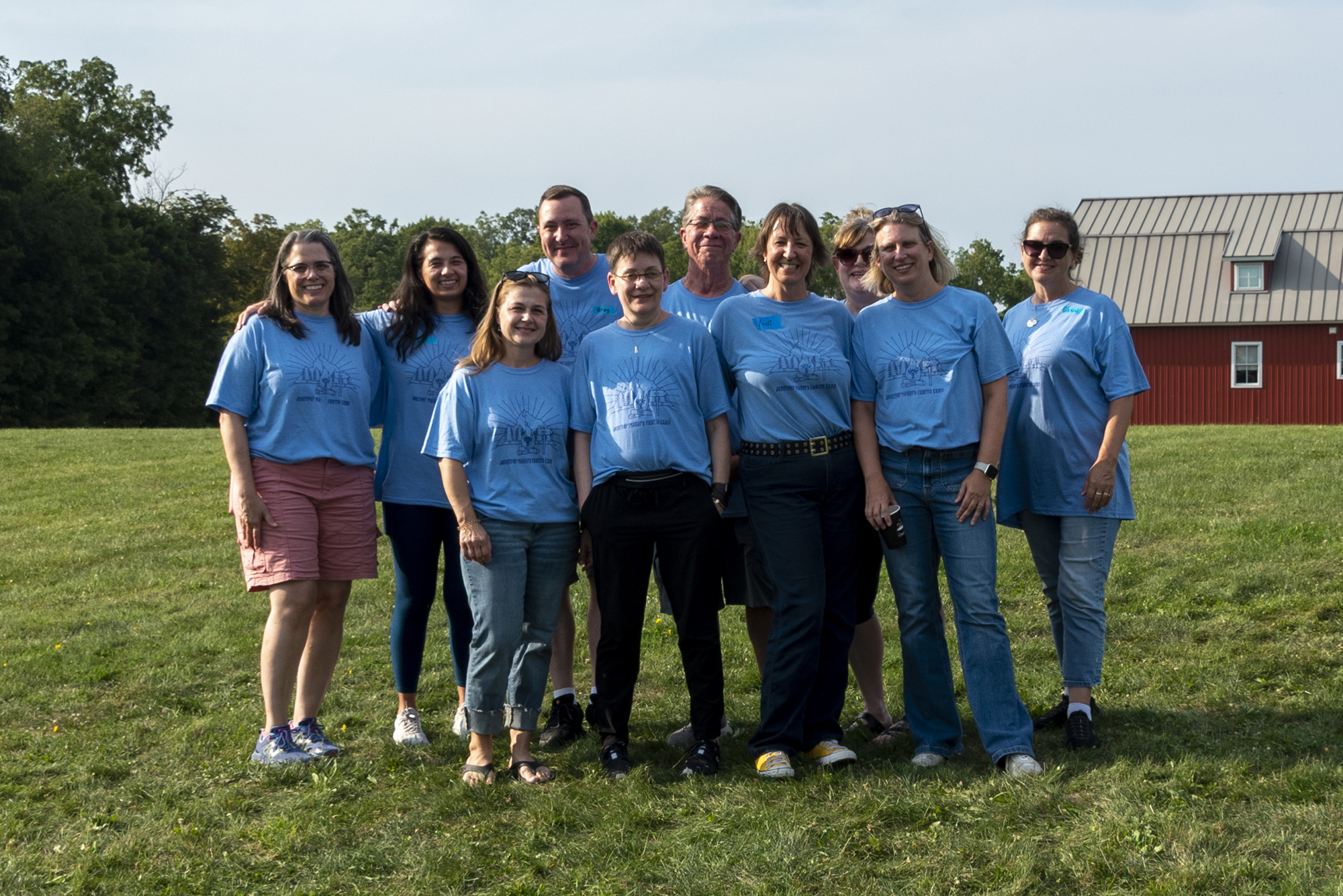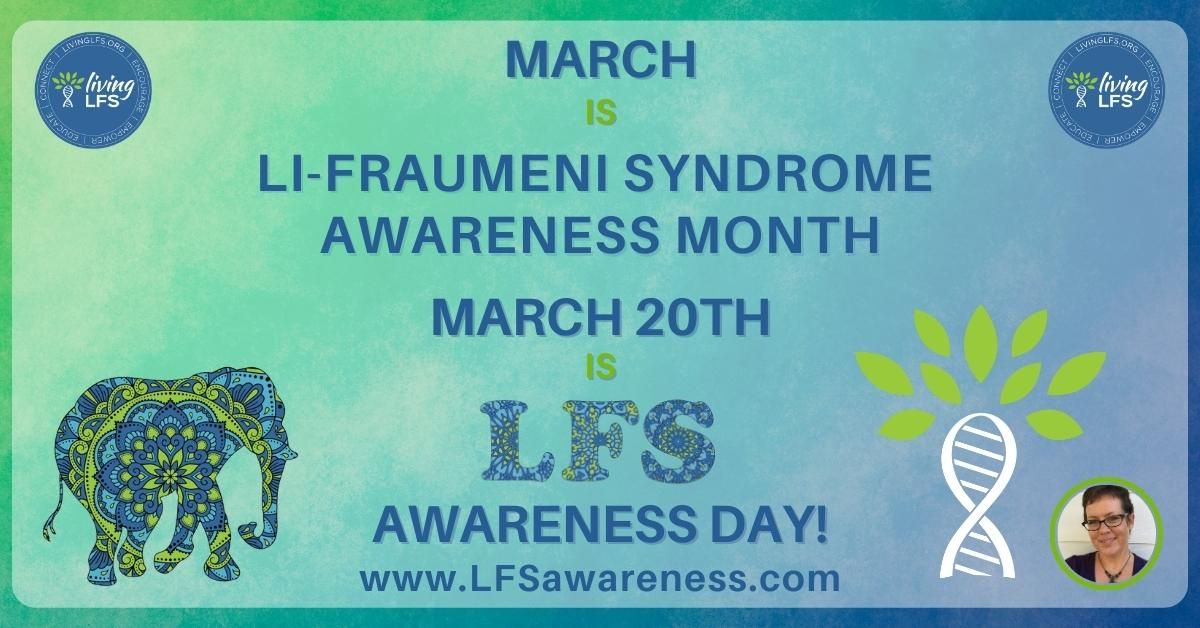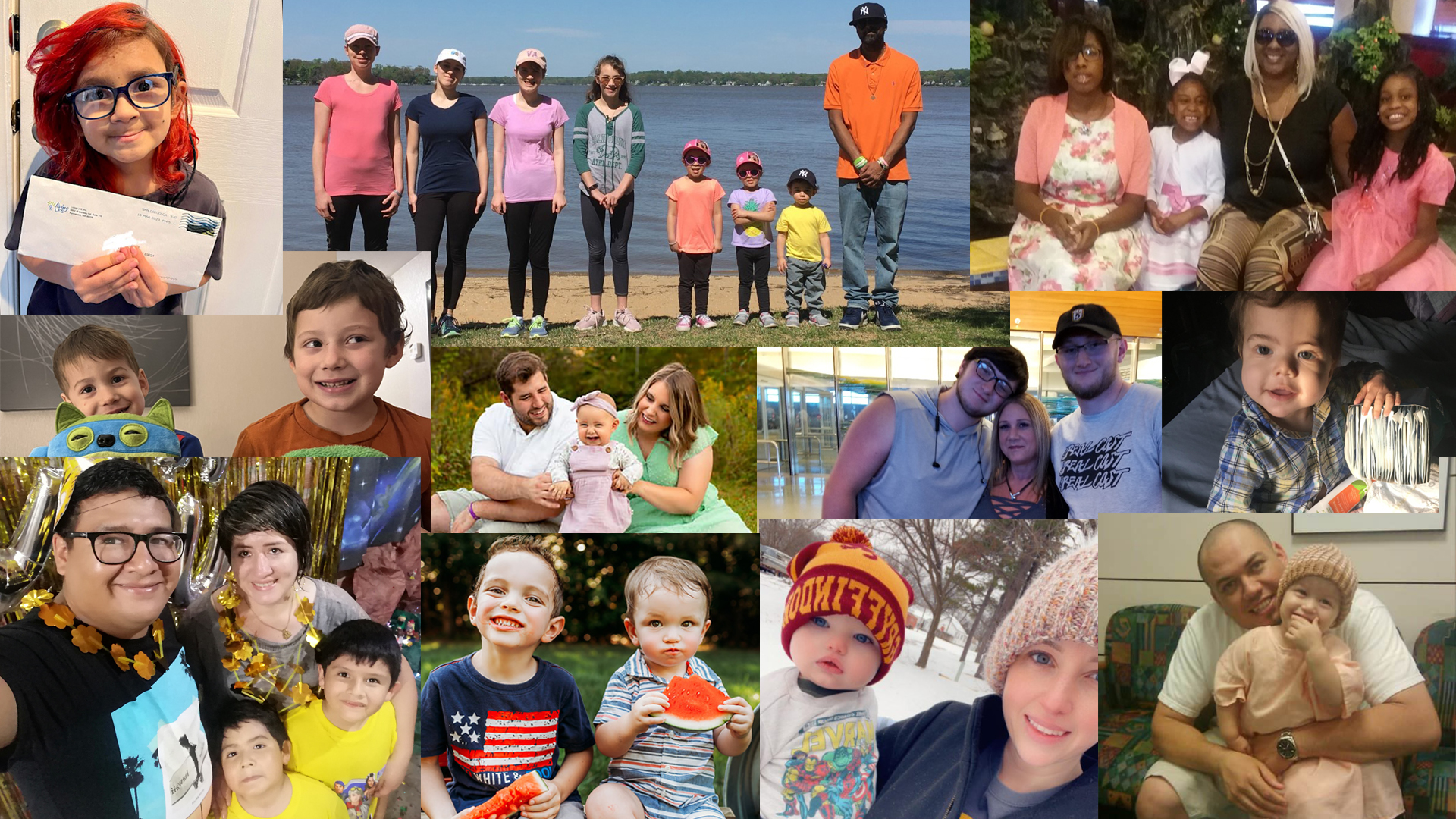MRIs work by creating a magnetic field around a person. Our bodies contain water and water contains hydrogen atoms. This technology uses physics and high tech computer programs to bounce radiowaves in pulses through the magnetic field. The way the atoms spin and go back to rest becomes the signal received by coils(sometimes placed around specific body parts to help visualize the tissues) that helps generate a 3 dimensional picture. There is a pretty good(layman's terms- albeit lengthy) explanation- with pictures at www.howequipmentworks.com . MRIs are good at visualizing soft tissues- which is very beneficial when looking for soft tissue sarcomas or for lesions in the brain. It does take longer than CT or Xray and the expense of the actual MRIs really varies from location to location- on your body(part being studied) and geographical(location the scanner and you call home).
NIH- How MRIs Work
How Stuff Works- MRI
Information for Patients- About MRIs
Why are MRI's a good option for screening in LFS? LFS Mutants should avoid radiation when possible. Many methods of screening for cancer have certain radioactive elements and can pose a threat to our already struggling tumor suppressor gene. Radiation isn't always avoidable- but new technology is being studied that is less damaging to cells. Working closely with your healthcare team and radiologist can help you avoid unnecessary exposure. Several studies have looked at the feasibility of doing MRIs as a screening technique but also their practicality, cost effectiveness and sensitivity. There are studies going on at Dana Farber Cancer Institute and Harvard in Boston, Stanford University, MD Anderson Cancer Institute, Huntsman Clinic in Utah, Sick Kids Hospital in Toronto, the United Kingdom and France. MRI is being used as part of the NCI's Li Fraumeni Syndrome Study protocol. Rapid MRI techniques are even being tried in a couple locations to see if certain sequences can be trimmed down so that less time is spent by patients inside the MRI while still capturing enough pictures diagnostically. Preliminary results from a study on children with LFS at Boston Children's Hospital showed that full body rapid MRIs could be done with a specific set of sequences in 60-90 minutes. Typical Full Body MRIs can take anywhere from 3 to 9 hours. MRIs are not the best for capturing organs like the lungs that move(bouncing atoms plus moving lungs means blurry pictures). Bones are a body part that other means of imaging is more efficient.
A major component of the Toronto Protocol used for LFS screening in Canada is an annual full body MRI. Dr. Malkin and his colleagues found using MRI in conjunction with other screening methods, known as the Toronto Protocol, correllated with 100% survival in a study at Sick Kids Hospital. Although screening does not prevent cancer, catching cancer in earlier stages is associated with greater survival. More information on the Toronto Protocol can be found here.
Unfortunately there are not any published studies that currently recommend whole body MRI for screening adults with LFS, but several clinical trials are underway. It can be a challenge to find a clinical center that offers full body MRI or to pay for or get insurance coverage for these tools. Clinical trials often are a way to get cutting edge medical care, especially with rare conditions such as LFS. It is important to do your research and ask questions, not all people qualify for clinical trials and many offer patients no observable benefit. Listed below are some notable LFS clinical trials with MRIs. Many insurances do not cover Full Body MRI for cancer screening and it is not currently covered with Medicare. It is important to work closely with a genetic counselor or social worker at your local hospital to find the best resources and options for obtaining funding or coverage for this screening method and if it is right for you.
NCI LFS Study
Stanford Whole Body MRI for LFS
Whole Body MRI Clinical Trial UK
Whole Body MRI Clinical Trial France
Stanford Children with Sarcoma Clinical Trial
Institutions where LFSers have gotten Full Body MRIs:
Boston Children's Hospital
Children's Hospital of Philadelphia
Dana Farber Cancer Institute
The Huntsman Clinic
MDAnderson Cancer Center
The National Institutes of Health
Stanford University
Resources
Dana Farber Clinical Genetics Program
Whole Body MRI in Children
Boston Children's Hospital Full Body MRI Study




